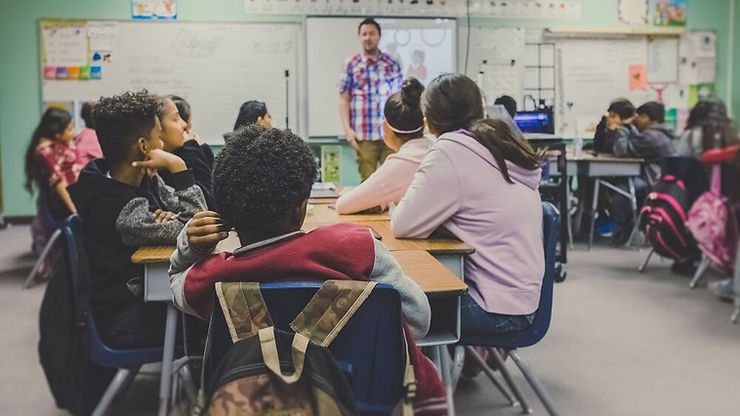By: Grace Liu
In June 2020, New Jersey became the first state to include K-12 climate change education in their curriculum. The State Board of Education required this to help students understand climate change, and to learn to solve problems.
Ms. Michelle Liwacz, a first-grade teacher at Slackwood Elementary, in Princeton, presented her students with a problem. Antarctica is getting hotter. What would the penguins do to cool off because of the heat? The first graders came up with many creative responses, such as having the penguins migrate to the United States, build igloos, and live inside of fridges.
With climate change being taught to students at a young age, students will focus more on what they can do to help instead of focusing on the bad things. “It’s getting them thinking, How can I fix this? How can I change this? What can I do with myself or with my friends or my community?” said Liwacz.
“When we shield them from so much, they’re not ready to unpack it when they learn about it, and it becomes more scary than when they understand they’re in a position where they can actively think about solutions,” said Dr. Lauren Madden, a professor of elementary science education at the College of New Jersey. She researches and offers guidance on how to include these standards.
The state has set aside $5 million for climate change education grants. With this money, young students are now learning about recycling, composting, hydroponic gardening, pollution, and plastic.
However, some critics said that teaching climate change was a form of brainwashing. But, a poll conducted in May by Fairleigh Dickinson University in Madison, N.J., found that over 70 percent of New Jersey residents supported climate change being taught at schools.
This suggests that the majority of Americans also want climate change to be taught at school.
However, at a recent conference in New Jersey about adding the climate standards into schools, several educators didn’t want to add climate change to their lesson plans, especially because of educational setbacks students faced during the pandemic.
Also, 17 percent of educators wanted to avoid teaching climate change because it was “politically sensitive.”
“We have lockdown drills to prepare for school shootings,” said Monica Nardone, a third-grade teacher in Trenton. “Seriously? How much more are we going to make them afraid?”
Still, most teachers and parents want climate change to be taught at schools.
Link to article:











